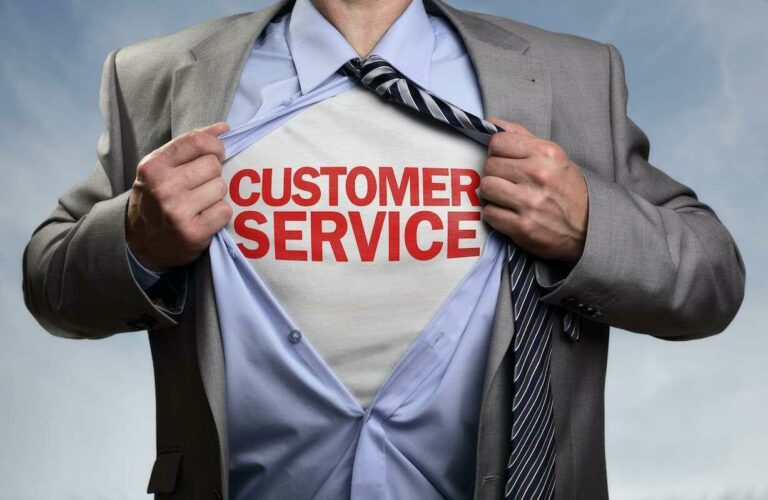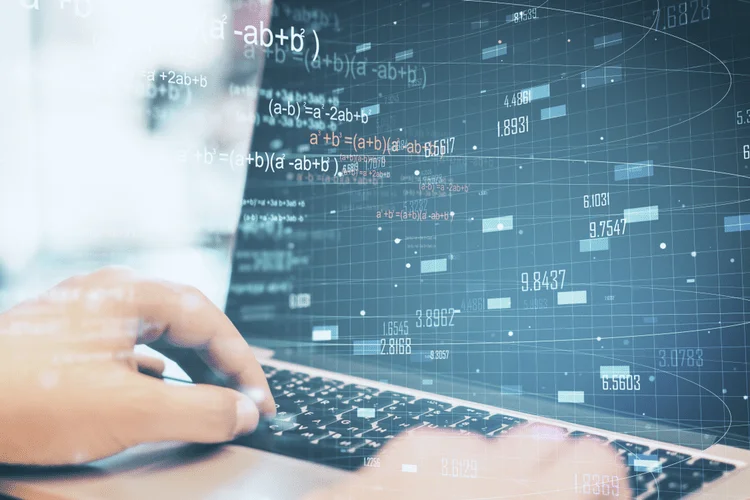Choosing the best retail ERP comes down to finding one that suits your company’s specific needs. There are essential features that all ERP apps have, but there are other factors you should consider, including pricing, ease of use and implementation, integrations and special industry-specific modules. Although Acumatica offers a lot of value with its base platform, what makes it a great retail ERP solution is its open API to allow you to integrate what you already use with its core system. You’ll get built-in inventory, CRM and financial tools to start, and then add on what you need to run your retail operations smoothly. The benefit of choosing Epicor as your retail ERP is that it offers so many features curated specifically for retailers.
The cost of Oracle NetSuite OneWorld is likely to vary depending on your needs. Our research shows it may be as low as $100 per user, per month, but it isn’t clear which modules are included for that price. You won’t find any pricing on Epicor’s website and that’s likely because the company wants to create a custom solution for each business. Make the right moves with a unified view across merchandising and financials.
What is the best ERP for distribution? Best ERP Software for Wholesale
But as the business gets larger, one of the biggest challenges is making sure you have the right amount of products in the right location at the right time. Plus, retail ERP lowers the cost of doing business by streamlining various operations and eliminating redundant processes – something any business can truly appreciate. Of course, the level of integration and unification is greater still with a Retail Operating System like Brightpearl, which is built specifically for retailers and wholesalers.
An ERP platform helps integrate and manage all such functions of a business in a unified manner for better productivity. Incorporating a warehouse management module in an ERP suite enables businesses to run their warehouses more efficiently, reduce costs and fulfill orders faster. Specifically, warehouse-related modules can analyze warehouse operations data to identify bottlenecks and inefficient processes, such as poor or disorganized warehouse layouts that increase worker travel time.
Cybersecurity and data protection
Events and tasks managed within a workflow will depend on the business’s requirements and can be automated or conducted manually. With event management tools, it’s possible to create customized workflows that automate processes, such as sales discount approvals or purchase order requests, while adhering to any required stipulations or conditions. For example, say a purchasing agent creates a purchase order to acquire raw materials. The agent enters the PO information in the ERP, which triggers the system to alert the approval manager, who then approves the request. The PO is then automatically released to the vendor and the procurement system is updated to reflect what’s on order, in real time. The inventory management component of an ERP system also falls under the greater SCM umbrella, but with a focus on helping companies optimize inventory levels and minimize excess stock.

POS solution alone can not work properly if there is no Enterprise Resource Planning system behind it. Reports, Easy Billing process, Integrations process, In terms of accounting works, E-invoice, Market Needs. Drive maximum efficiency by allowing the users to collaborate effectively across multiple functions. Enjoy better work force productivity and increased output with easier access to information.
A Detailed Guide to Retail ERP
I am using the software for more than 10 years and it is very useful for billing and accounts with GST upload. Very much useful for finding the purchase order and make use to place order. Functionally it has almost everything a restaurant would need to undertake its operations, stock, accounting, CRM & Kitchen Management.
- Combining the best of online and traditional shopping experience, our solution fuels digital transformation in the retail industry, bringing an omnichannel shopping experience for customers.
- A medium-sized ecommerce company, for example, might prioritize inventory management and warehouse management, whereas a small service-based organization might focus on CRM and project management modules.
- No single system will be best for every small, midsize or large company, respectively.
- The current retail environment is set up for retailers to respond directly and quickly to customer demands, whether it’s customer service through a social media platform or sending automated delivered package notifications.
Invoicing and Billing are critical for smooth functioning and are the primary source of cash flow for businesses. The right ERP should help you adhere to statutory compliance based on the demands of your country’s latest rules and regulations. CommunityNew A collaborative space where you can drive discussions with industry experts, post your queries and explore retail software solutions for all your answers. One a retail chain reaches a critical point of growth, waiting too long to get ERP will actually begin to have negative consequences. Managing operations across several locations become increasingly difficult if you’re trying to do it with a cobbled-together system that doesn’t natively communicate from piece to piece.
Benefits Offered by ERP for Retail Business
This application monitors and prioritizes customer orders from all channels as they come in and tracks their progress through delivery. An order management module can speed fulfillment and delivery times and improve the customer experience. When a company uses business systems from multiple vendors, integrations are generally possible to make data automatically flow into the ERP. This real-time data can then be used throughout the ERP instance to benefit any process or workflow. ERP systems have become table stakes for businesses looking to use resources wisely. They can help leaders reallocate human and financial capital or build more efficient core business processes that save money without sacrificing on quality or performance.

Each ERP module typically focuses on one business area, but they work together using the same data to meet the company’s needs. Finance, accounting, human resources, sales, procurement, logistics, and supply chain are popular starting points. Companies can pick and choose the module they want and can add on and scale as needed.
Why do Retailers Need a Tailored Retail ERP System or Retail Operating System?
The main components, or modules, of an ERP system work together to provide a comprehensive view of the business. Modular ERP solutions allow businesses to add and remove ERP components according to their needs. Learn why the majority of large enterprises are selecting a hybrid cloud model, and what benefits it could bring to your business. Your ERP system will make back-office work a breeze by simplifying the processes related to adding, categorizing and grouping new items, implementing special offer campaigns, stock counting, replenishment of inventory and much more.
These pioneering applications were faster and more accurate than manual processes – but were expensive, limited in functionality, and still slow. Before long, these applications spawned the development of dedicated, standalone solutions such as sales order processing and manufacturing requirements planning . NetSuite was born on the cloud and today has more than 31,000 customers ranging from startups to multinational https://www.globalcloudteam.com/ enterprises. It has robust reporting capabilities to deliver insights across your business and role-based permissions so employees only have access to the information they need. Adhering to industry-standard best practices has major business advantages. Companies often find that they improve and modernize their processes, and in turn maximize operational efficiency and avoid falling behind competitors.
Customer Management
For wholesalers, importers, direct store delivery, and 3PL/4PL firms, on-time delivery is key. All of these organizations want to reduce distribution costs, increase inventory turns, and shorten order-to-cash time. To achieve these goals, they need integration of inventory management, purchasing, and logistics functionality, as well as automated processes that are customized to their needs. ERP is software that businesses rely on to run and monitor the business performance of their daily operations.
